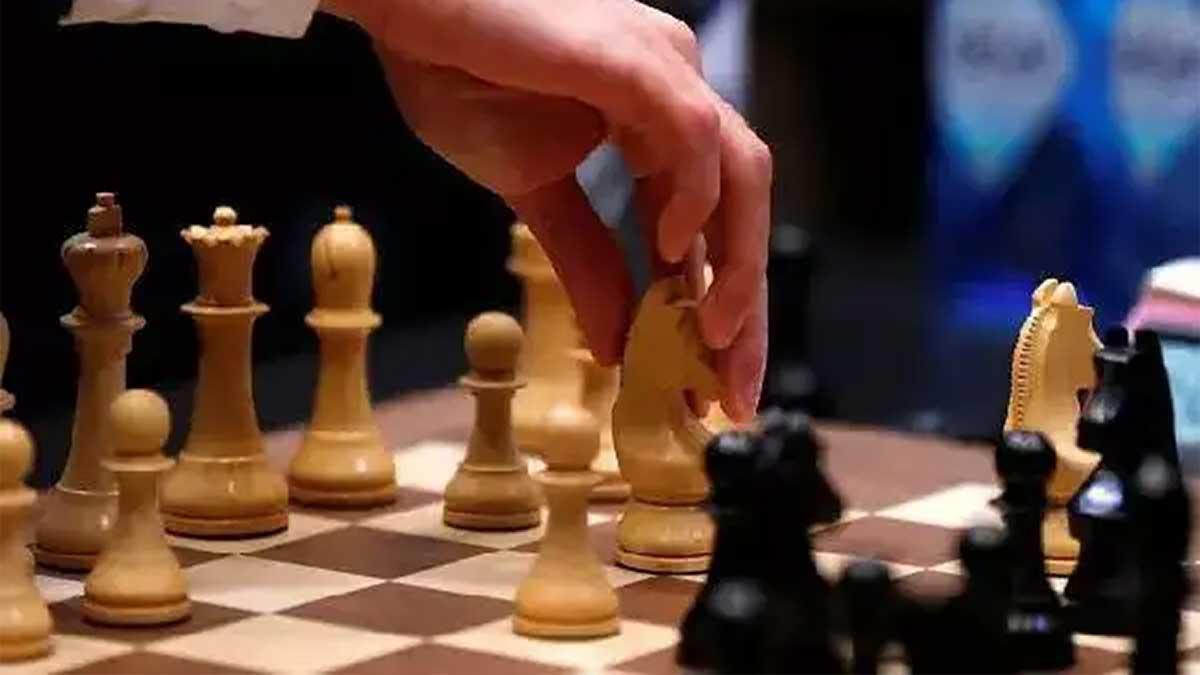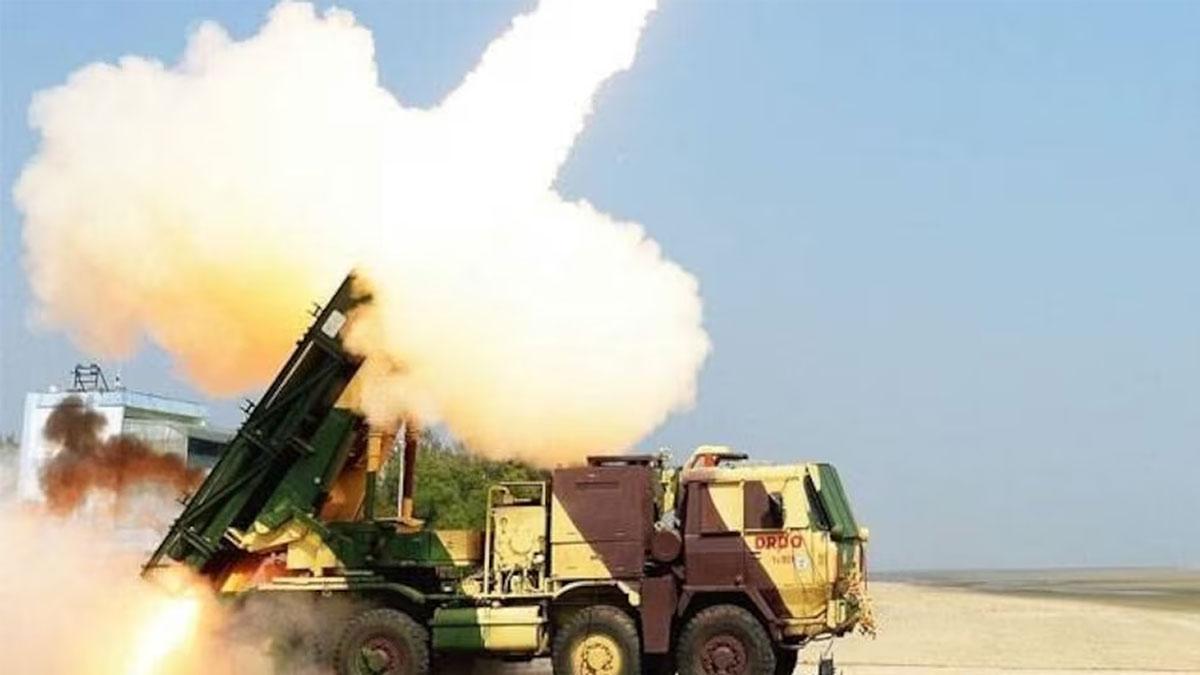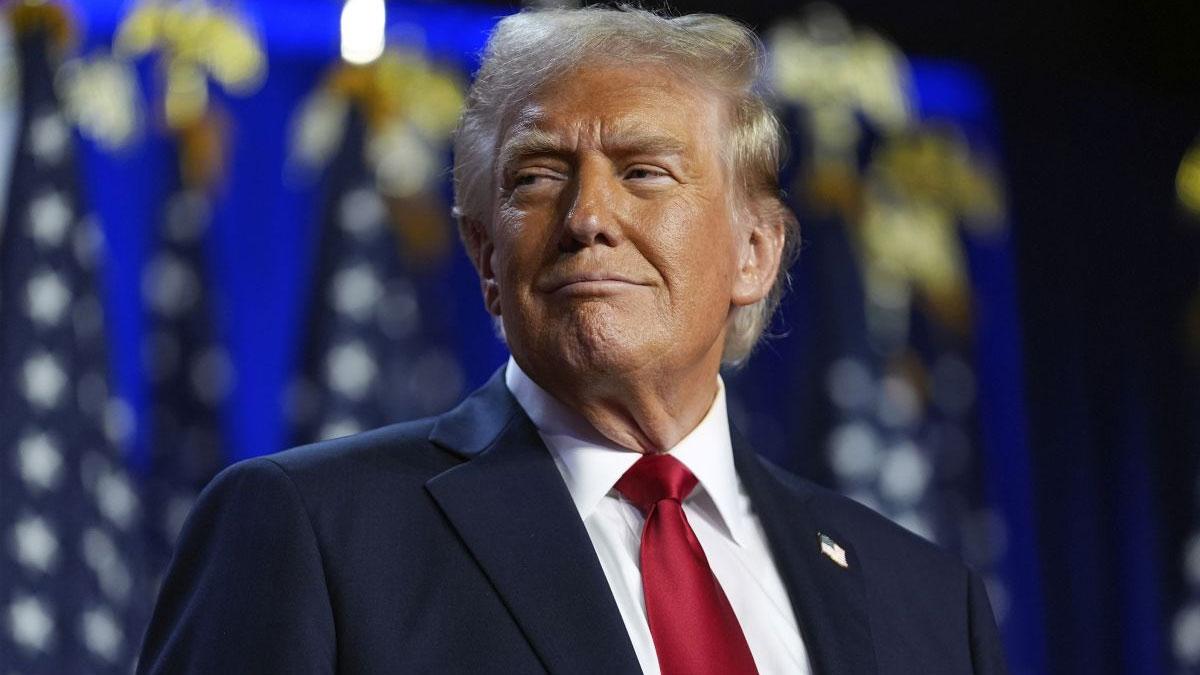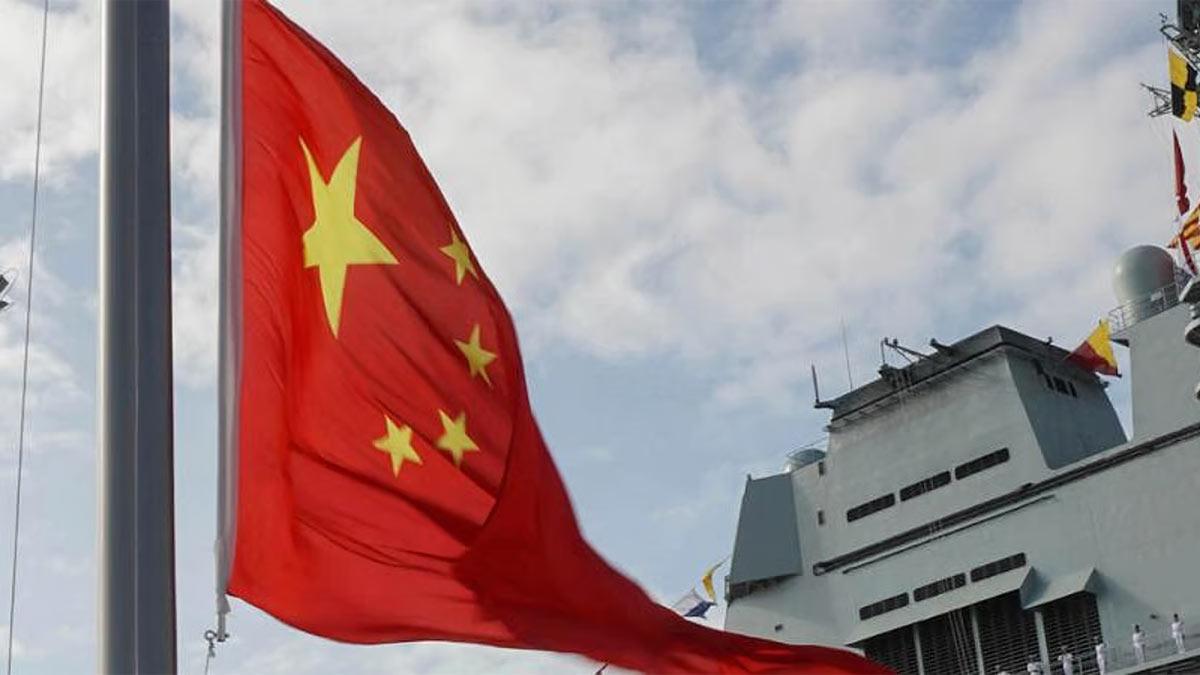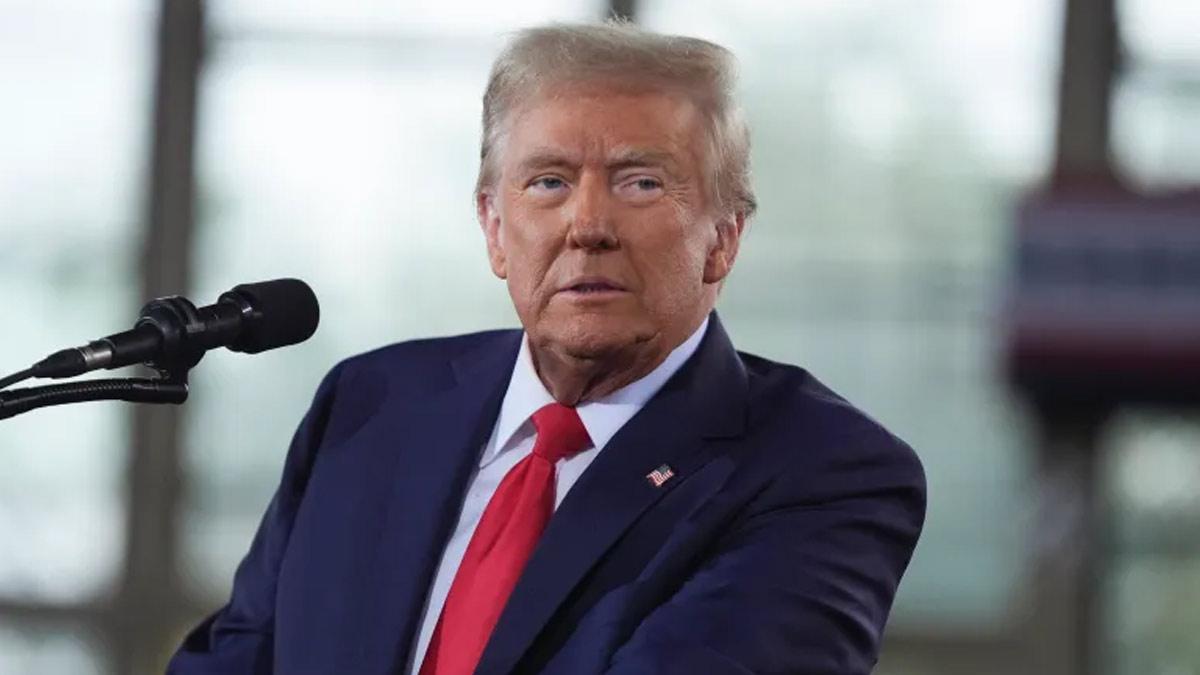In another crackdown on individual liberties in Afghanistan, the Taliban have announced a prohibition on playing the game of chess, which is considered "haram" as per their conception of Islamic jurisprudence.
According to a report by Khaama Press, this prohibition was formally communicated by the Ministry for the Promotion of Virtue and Prevention of Vice.
The ministry also confirmed the dissolution of the Afghanistan Chess Federation, suspending all chess events and activities pending further notice. The new ban adds chess to a growing list of banned activities in the country, which already includes women's cricket and girls' education past primary school.
Afghanistan has since the Taliban return to power in 2021 seen an uptick in religiously motivated restrictions, which significantly impact not only women and girls but also members of society that engage in pursuits the regime identifies as "haram" in its strict ideological framework.
The same scenario played out in Iran after the country's Islamic Revolution in 1979. There, chess was first banned as promoting gambling and going against Islamic values. The game was accused of being un-Islamic by many clerics, and players were compelled to play in secret. One such early chess prodigy, Kamran Shirazi, fled Iran during those years and later participated in international tournaments representing the United States and France.
Yet, in 1987, Ayatollah Khomeini overturned the position, decreeing that chess was permissible on the condition that it was not linked to gambling. Despite the change, political and religious pressure still influenced players of chess, particularly those who competed against Israeli players. In 2017, 15-year-old chess sensation Borna Derakhshani was threatened with being banned from representing Iran after playing in a match against an Israeli opponent. He subsequently moved to the UK to continue his chess career. Another top player, Alireza Firouzja, left Iran in 2019 for similar reasons.
Firouzja, who became a grandmaster at age 14, defected to France and has since become one of the world's top chess players.
China's repression of chess, on the other hand, was from a different ideological direction. During the Cultural Revolution (1965–1976), chess was banned along with other games, books, and forms of culture because these were perceived as symbols of capitalist and Western influence. Under Mao Zedong's regime, anything that was not socialist was subject to harsh crackdowns.
Today, though, the situation in China has changed. The nation now actively encourages chess, and in 2023, Ding Liren became the first Chinese player to win the World Chess Championship.
Read also| Trump Asserts His Administration Averted 'Nuclear Conflict' Between India and Pakistan

